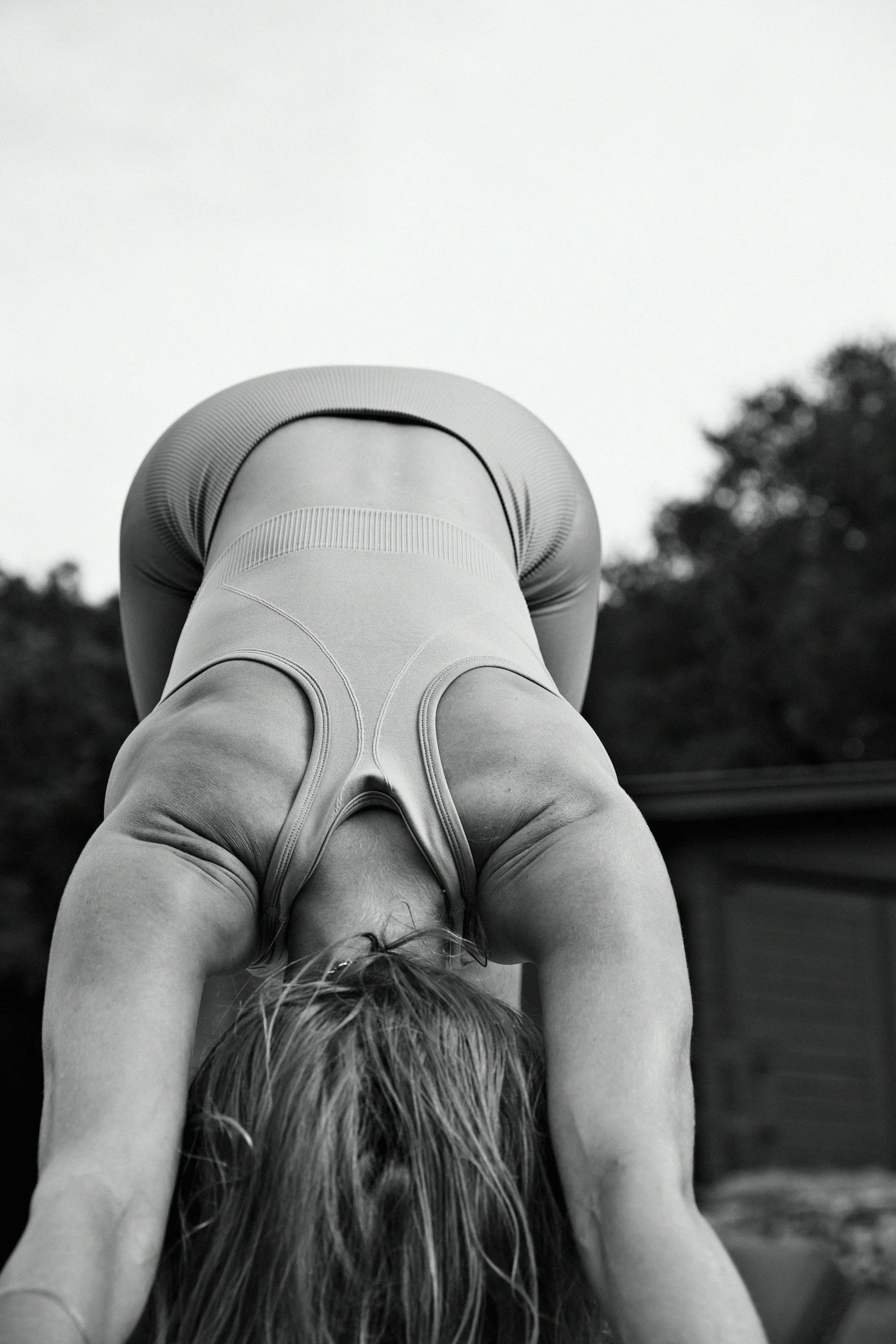The Real Reason Self-Care Feels So Hard
DISCLAIMER: This post may contain affiliate links. I may receive a small commission, at no extra cost to you, if you click through these links and make a purchase.
Ask any woman how to take good care of yourself and she’ll rattle it off without hesitation: eat well, get enough sleep, move your body, manage stress, spend time with people you care about. It sounds so simple, right?
So why does actually doing those things feel nearly impossible sometimes?
For most women, the answer is a mix of practical, societal, and internal constraints.
The Practical: Lack of time. Financial limitations. Not enough help or support.
The Societal: The expectation to be the caregiver, the organizer, the emotional anchor. The “Superwoman” myth that tells us we should do it all.
The Internal: Guilt when we prioritize ourself over something else. Perfectionism that tells us if we can’t do it all right, we shouldn’t bother at all.
All of this is real and valid. But there’s another piece that doesn’t get talked about nearly enough—energy.
Because yes, our plates are full. But there’s a big difference between living a full life with energy versus trying to live one while you’re completely depleted.
When your energy is low, even the simplest acts of self-care like making a nourishing meal, going for a walk, washing your face at night, feel like climbing a mountain. It’s not a lack of willpower or motivation; it’s biology, emotion, and depletion catching up with you.
Rebuilding your energy isn’t just about sleeping more or drinking coffee. It’s about creating small, sustainable ways to refill your tank—physically, mentally, and emotionally—so self-care starts to feel possible again.
So where do we start?
How to Rebuild Your Energy (and Make Self-Care Sustainable)
If energy is the foundation of self-care, the question becomes: how do you actually get more of it? It starts with small, intentional habits that support your body and mind not complicated routines or massive overhauls. Think of it as building energy from the ground up.
Physical Energy — Simple Morning and Evening Routines
Morning: Set the Tone
The way you start your morning sets the rhythm for the rest of your day. The goal isn’t perfection — it’s creating a gentle foundation that fuels you instead of drains you.
Hydration first.
Before coffee, reach for water. Even mild dehydration can make you feel sluggish before the day begins.
Nourishment next.
Aim for combination of protein, healthy fats, and carbs — something that stabilizes your blood sugar and keeps your energy steady.
Not a big breakfast person? Try a “second breakfast.” Have something light early (like a smoothie or boiled egg), then a more substantial meal mid-morning.
Delay caffeine (just a little).
Try having your coffee 90–120 minutes after waking. This helps your body’s natural cortisol rhythm do its job — giving you more sustained alertness *without the crash* later.
Move your body.
Morning movement wakes up your muscles and your mood. Take a short walk, dance while you make breakfast, or do a simple workout at home. Bonus points if you can get outside — natural light in the morning helps regulate your energy and sleep cycle.
Evening: Wind Down and Recharge
Evenings are about restoration — helping your body shift from “doing” mode to “recovering” mode.
Create a brief wind-down routine.
It doesn’t have to be elaborate. Dim the lights, stretch, or wash your face. Anything that signals to your body, “We’re slowing down now.”
Keep your sleep space cool and calm.
A slightly cooler temperature (around 65–68°F) helps your body fall and stay asleep more easily.
Protect the transition.
The hardest part is often closing the laptop or walking away from your phone. Set a small boundary — no screens 30 minutes before bed, or a “digital sunset” at a certain time.
Your morning energy actually starts the night before.
Emotional and Mental Energy — The Often Overlooked Piece
Energy isn’t just physical — it’s deeply tied to your thoughts and emotions. You can eat well and move your body, but if you’re constantly mentally overloaded, you’ll still feel depleted.
Shift your mindset.
Rest is not lazy. Rest is repair. It’s what allows your body and brain to keep going. Start treating rest as maintenance, not as something you have to earn.
Simplify your self-care.
You don’t need an hour for it to count. Ten minutes of stretching, a walk around the block, or even three deep breaths between meetings can shift your energy in meaningful ways.
Notice your energy patterns.
Pay attention to what drains you and what replenishes you — physically, mentally, and socially. Once you know your patterns, you can troubleshoot instead of feeling stuck.
Protect your energy.
Set gentle boundaries around your time and emotional bandwidth. Saying no isn’t selfish — it’s strategic.
Replenish daily, not occasionally.
Think of energy like a battery: it needs small, consistent charges throughout the day — not one big recharge once a month.
The secret to sustainable self-care isn’t squeezing in more — it’s having the energy to reinvest in yourself day after day. If self-care has felt hard lately, it’s not because you’re failing — it’s because you’re tired. You’re human. And you deserve to feel energized, supported, and really well.
This week, try noticing what gives you even the smallest boost of energy — maybe it’s stepping outside for five minutes, drinking water before coffee, or letting yourself go to bed 30 minutes earlier. Those tiny moments add up.














